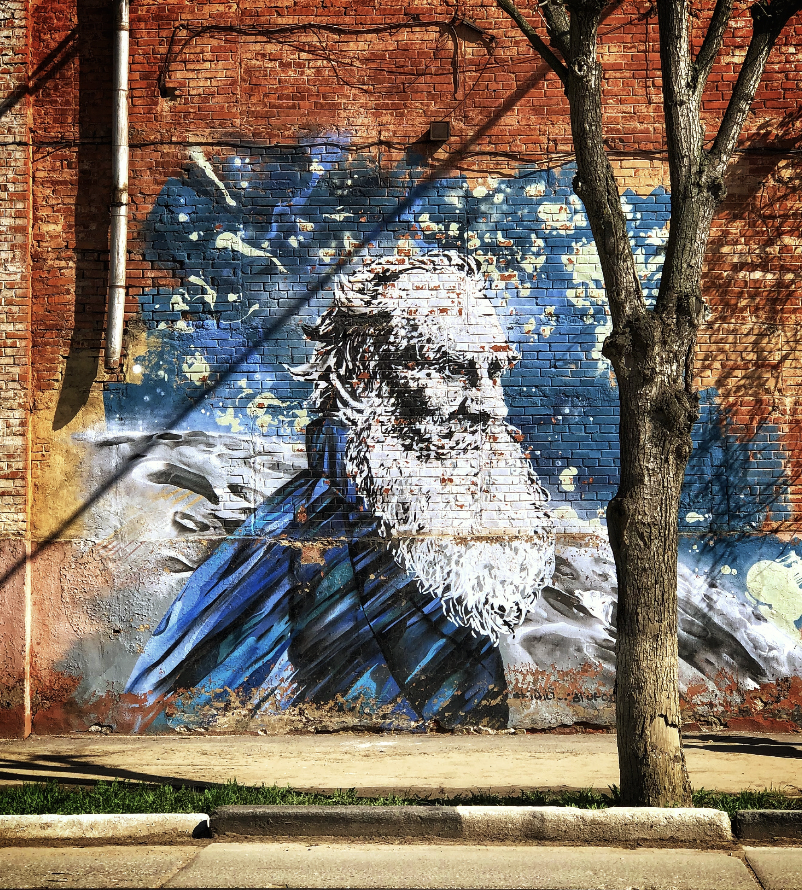


 Poetry / Culture
Poetry / Culture
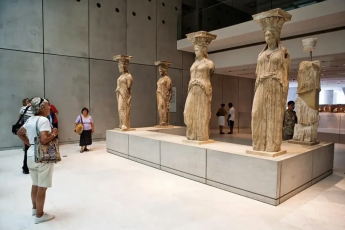 Politics / History
Politics / History
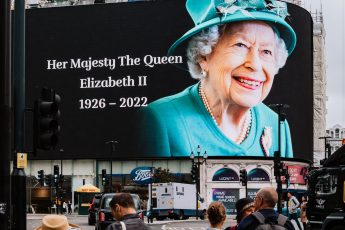 Politics / The Royal Family
Politics / The Royal Family
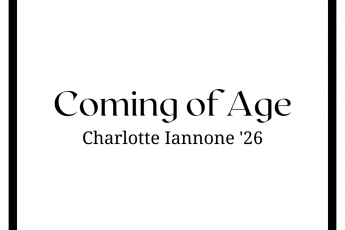 Poetry / Growing Up
Poetry / Growing Up
 Culture / Fantasy
Culture / Fantasy
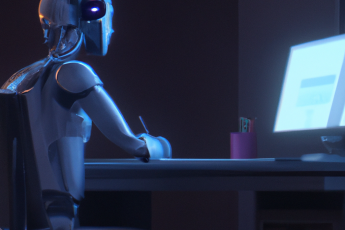 Culture / Artificial Intelligence
Culture / Artificial Intelligence
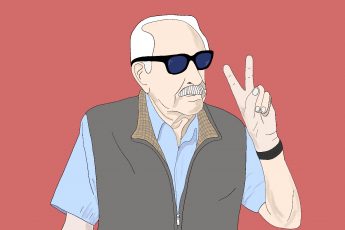 Politics / Internet
Politics / Internet
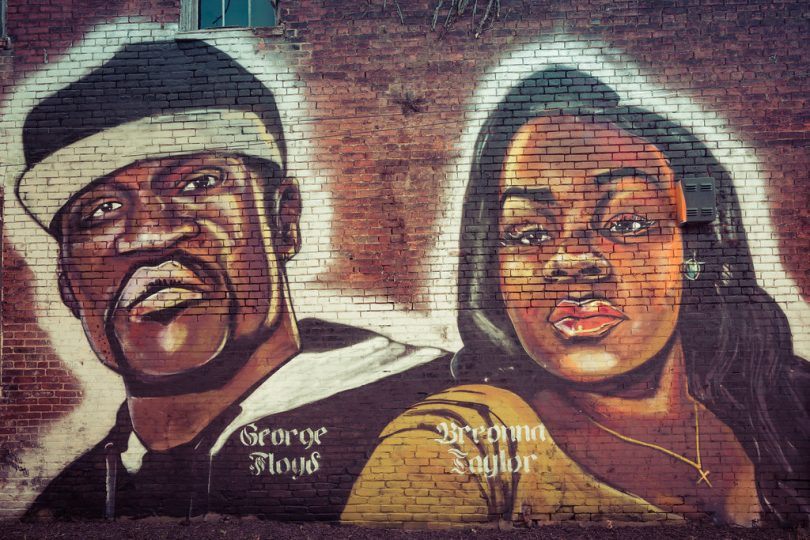 United States / Racial Hate
United States / Racial Hate
 United States / Immigration
United States / Immigration